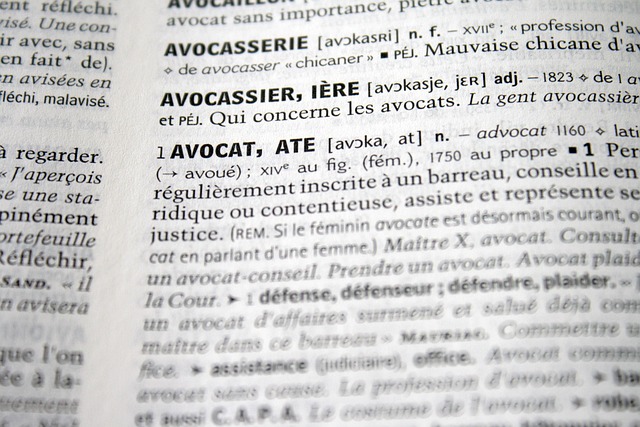Mail wire fraud schemes, becoming more sophisticated and widespread, pose significant challenges for law enforcement and defendants' rights in criminal cases. These scams, involving impersonation of legitimate entities through electronic communication, require understanding key elements like interstate communication, intent to defraud, and victim loss. Awareness can empower individuals to protect themselves. Defendants enjoy legal rights, including presumption of innocence, right to legal representation, and access to evidence. Balancing these rights with effective prosecution of cybercrimes demands specialized legal systems and courts due to evolving criminal tactics.
Mail wire fraud, an insidious digital crime, has become a prevalent concern in today’s interconnected world. This article delves into the intricate web of these scams, offering insights on understanding typical mail wire fraud schemes and the legal protections available to defendants facing these charges. We explore the complex landscape of cybercrimes and navigate the justice system, highlighting the rights of defendants in criminal cases, ensuring a balanced approach to combating this modern-day threat.
- Understanding Mail Wire Fraud Schemes
- Legal Protections for Defendants
- Navigating Justice in Cybercrimes
Understanding Mail Wire Fraud Schemes

Mail wire fraud schemes have become increasingly sophisticated and widespread across the country, posing a significant challenge to law enforcement and defendants’ rights in criminal cases. These fraudulent activities typically involve the use of electronic communication and financial systems to defraud individuals or organizations. Criminals often pose as legitimate entities, such as banks or government agencies, to trick victims into transferring money or sensitive information.
Understanding these schemes is crucial for both law enforcement and those accused of white-collar crimes. Defendants facing mail wire fraud charges must be aware of the specific elements that constitute the offense, including the use of interstate communication, intent to defraud, and actual loss incurred by the victim. By recognizing common patterns and tactics, individuals can better protect themselves and avoid indictment in cases where they might have been unwitting participants or victims of such fraudulent activities.
Legal Protections for Defendants

In criminal cases involving mail wire fraud, defendants enjoy a range of legal protections designed to ensure fairness and due process. These rights are enshrined in various laws and constitutional provisions across the country. Understanding these protections is crucial for those facing such charges, as it can significantly impact their case outcomes. One key aspect is the presumption of innocence, which places the burden of proof on prosecutors to demonstrate guilt beyond a reasonable doubt.
Additionally, defendants have the right to legal representation by an attorney, access to evidence against them, and the ability to challenge the admissibility of that evidence in court. These safeguards enable individuals to mount a winning challenging defense verdict. While securing a complete dismissal of all charges may be difficult, these protections ensure that any conviction is based on solid, legally obtained evidence, thus preserving the integrity of the justice system.
Navigating Justice in Cybercrimes

Navigating justice in cybercrimes presents a complex web of challenges and considerations, especially when dealing with mail wire frauds. As technology advances, so do the tactics employed by cybercriminals, making it imperative for legal systems to adapt accordingly. One crucial aspect is ensuring that defendants’ rights in criminal cases are upheld even as laws struggle to keep pace with digital crimes. Across the country, there’s a growing need for specialized courts and prosecutors who can handle these intricate financial heists effectively.
The complexity of white-collar defense often involves avoiding indictment by demonstrating legitimate business practices or technical loopholes. However, it’s essential to strike a balance between providing a fair trial and protecting society from such fraudulent activities. This delicate navigation requires expertise in both technology and legal domains, as the lines between criminal intent and legitimate business operations can be remarkably thin.
Mail wire fraud, a sophisticated digital crime, requires a nuanced understanding of both the schemers’ tactics and the legal protections available. For defendants facing these charges, knowing their rights in criminal cases is paramount. While navigating justice in cybercrimes presents unique challenges, recognizing the defenses and legal safeguards can significantly impact outcomes. By staying informed about these fraud schemes and the corresponding defendant rights, individuals can better protect themselves and ensure fair treatment within the legal system.






